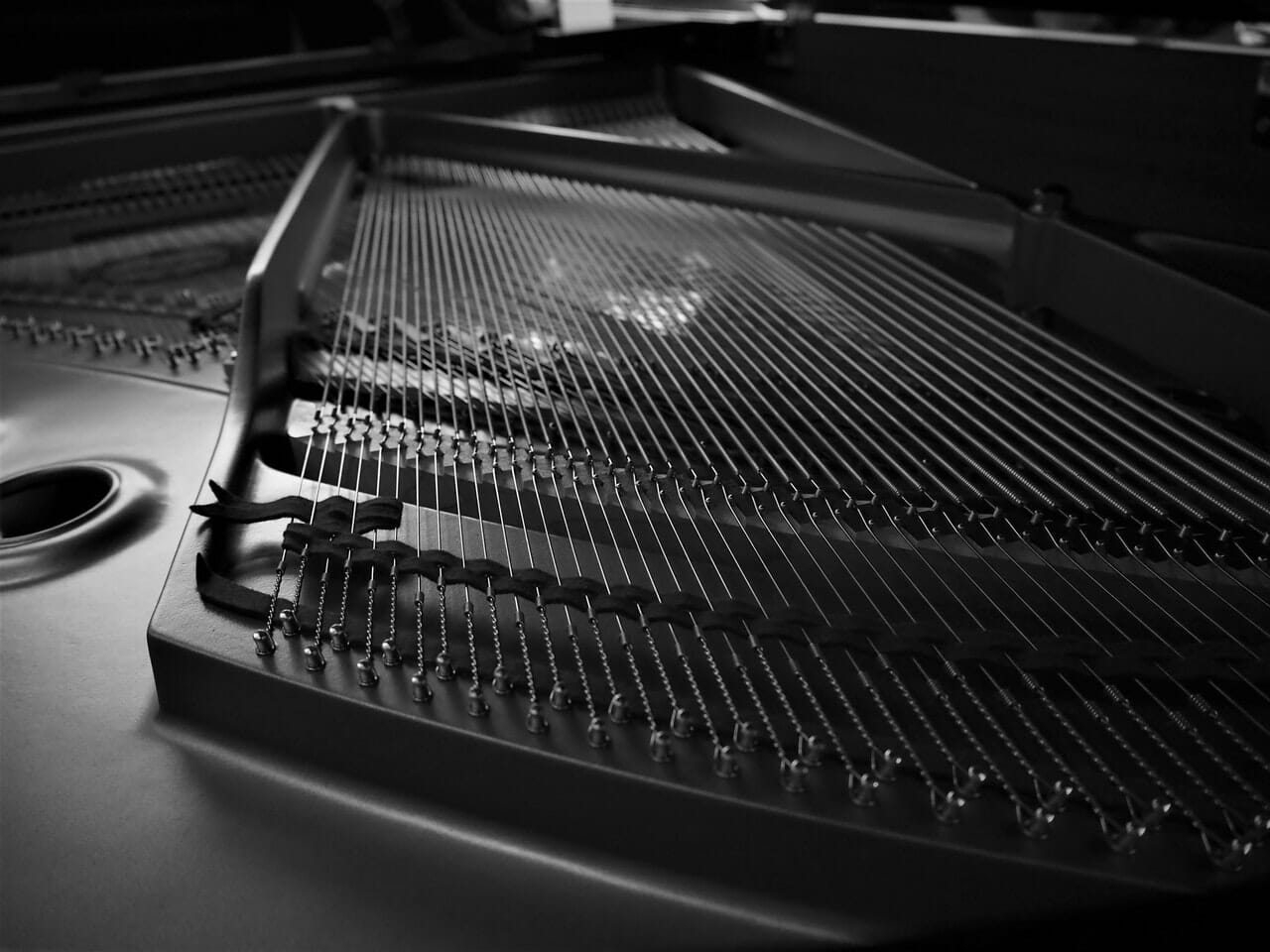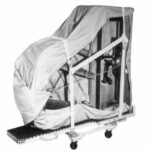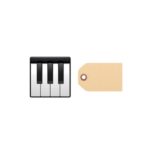When it comes to string theory, we think your best action is to hire a Chicago piano tuner!
If you’re thinking the term string theory is one you’ve heard in science class or on The Big Bang Theory, you’d be correct! We’re using it as a play on words. Forgive us for our dad joke; we’re feeling punny today.
With more than 12,000 parts, including 10,000 that are moving, a piano requires keys, pedals, hammers and 230 strings to be working together in order to get the proper sound from it.
How the Piano Works
Each string is made out of steel and produces sound when struck by tiny hammers inside the piano. Each of the strings holds approximately 170 pounds of tension. Adjusting the strings and hammers takes the precise work of a trained piano tuner.
Interesting fact about pianos is that while it is often considered a strong instrument, it can also be considered percussion because the strings only make sound when hit by a hammer.
Piano pedals are used to change the sound.
The left or damper pedal moves the hammer closer to the string to create a softer sound. The middle or sostenuto pedal sustains the sound of the notes that are pressed while at the same time allowing other notes to be played without the sustain. The right or sustain pedal is the most commonly used and allows all strings to vibrate freely.
Why You Need a Piano Tuner
With 230 strings that are naturally elastic, it is recommended that a piano be tuned two to four times of year during the first year and annually thereafter. This is due to the fact that the strings and tension can change which alters the sound. Perfect pitch is considered to be A440 which means the strings above middle C need to be tight enough to vibrate 440 times per second or 440 Hz. Tuning helps the strings vibrate as close to perfect as possible.
Another reason a piano tuner is needed is that pianos are made of wood and depending on the weather, the tension and sound will change. In a more humid climate, like Chicago in the summer, the wood expands while in the cold winter the wood contracts. The changes to the wood impact the tension of the strings and thus the sound.
At Chicago Piano Tuners, we are dedicated to making your piano sound as good as the day it was made. Schedule a piano tuning today!






